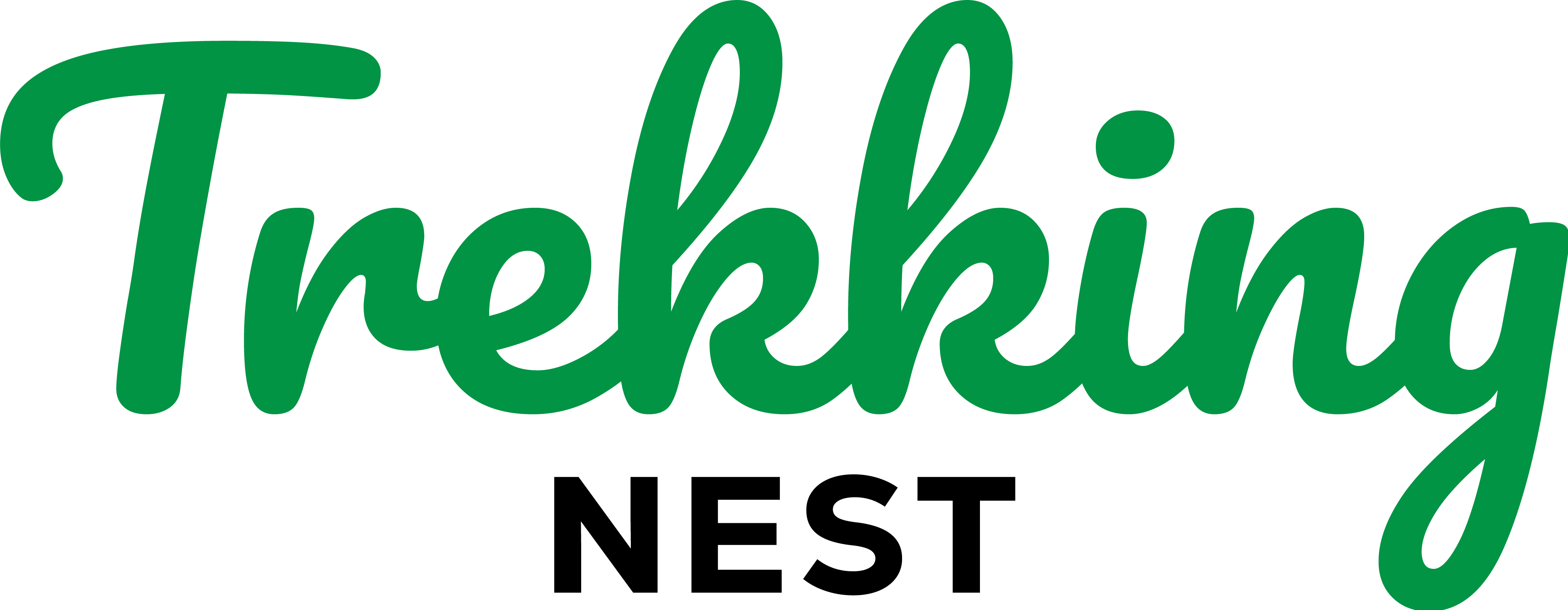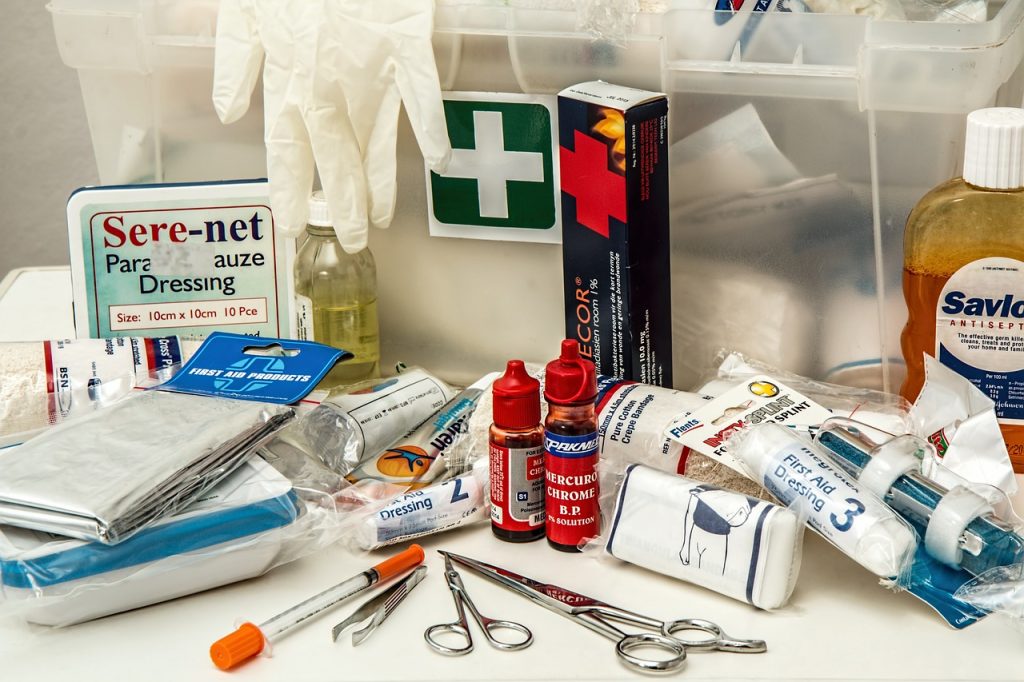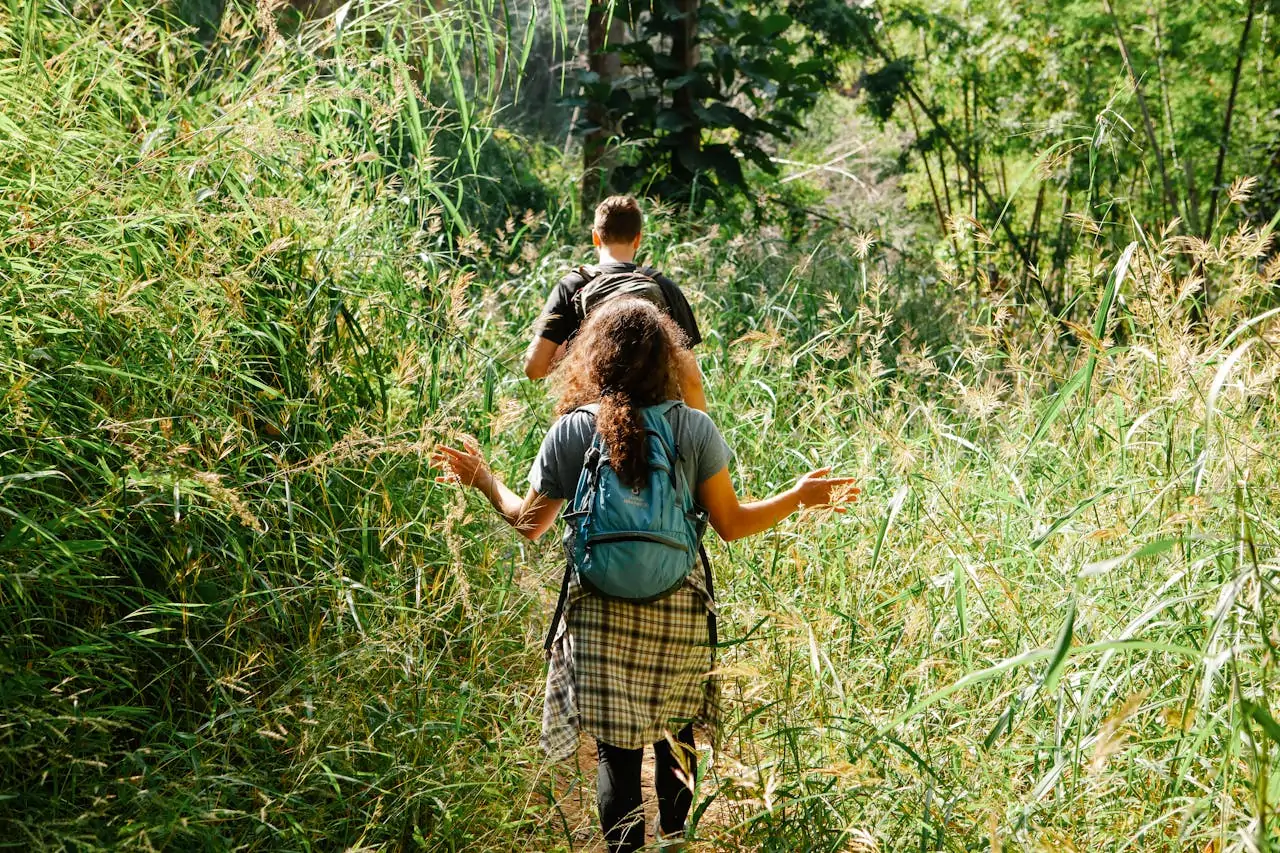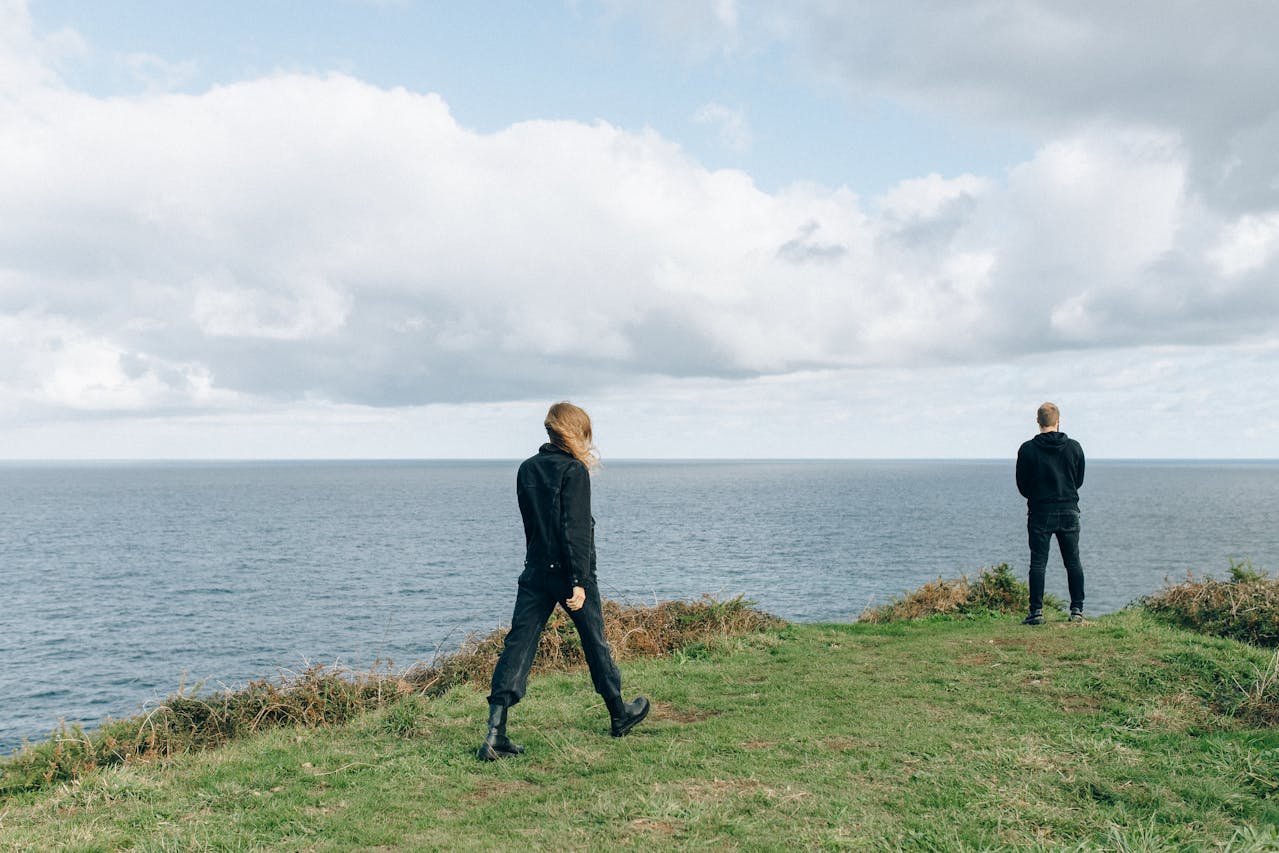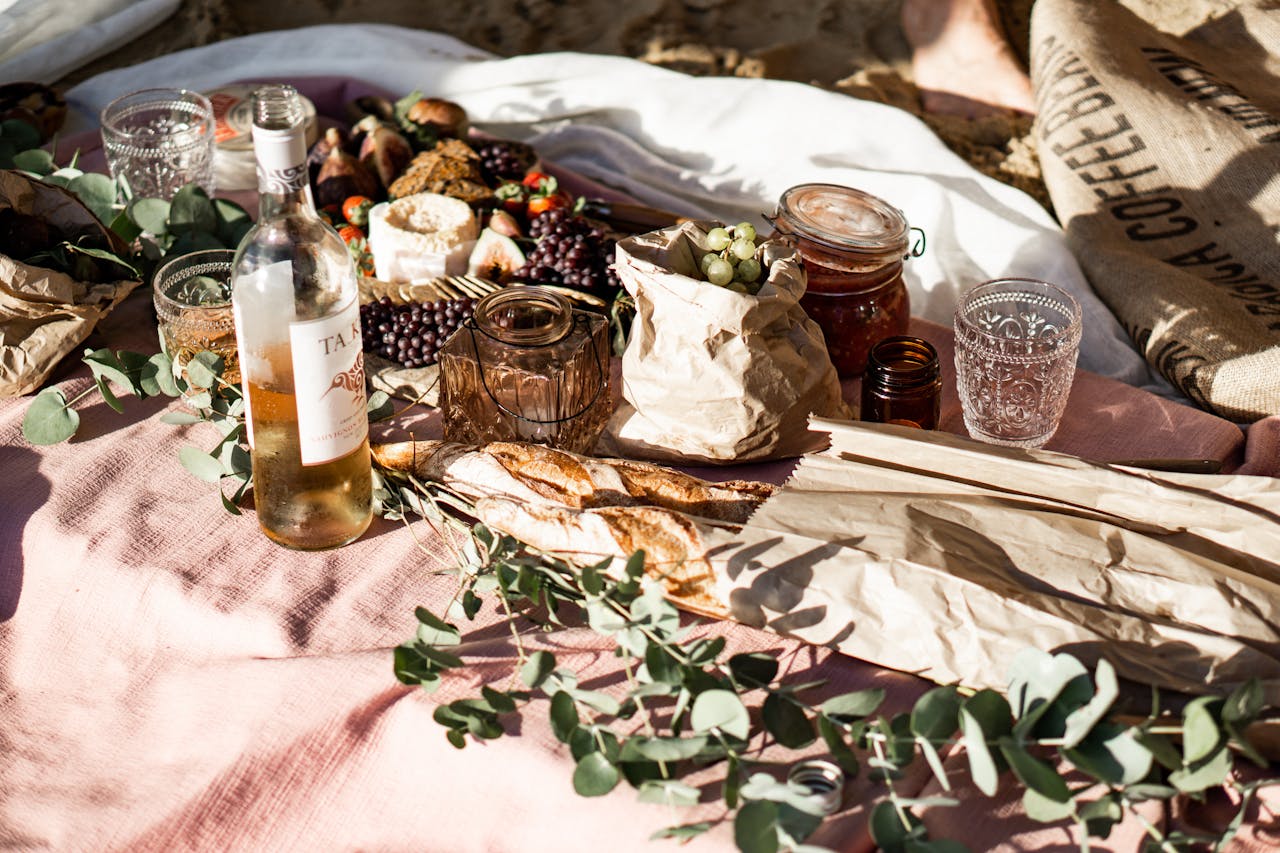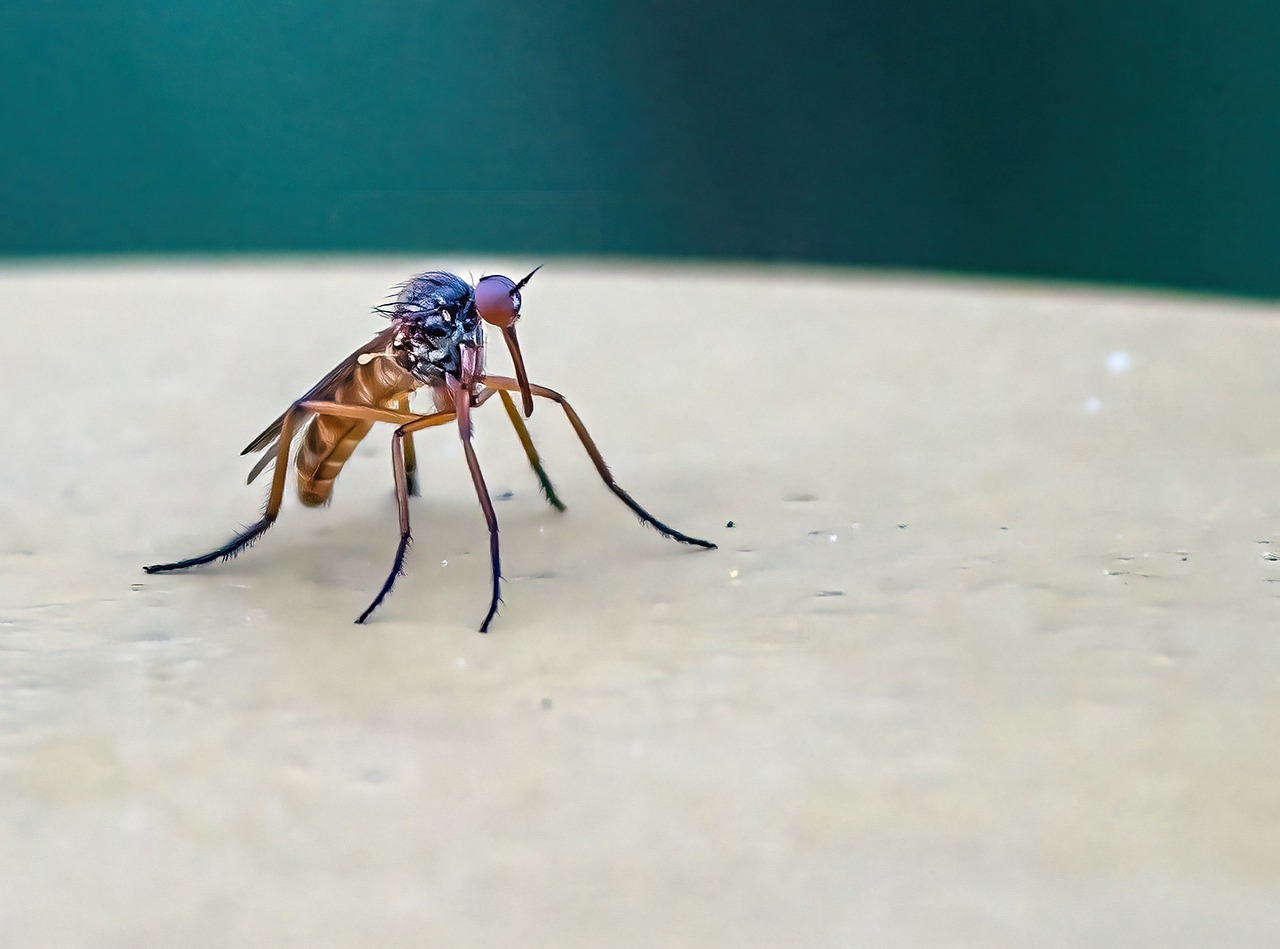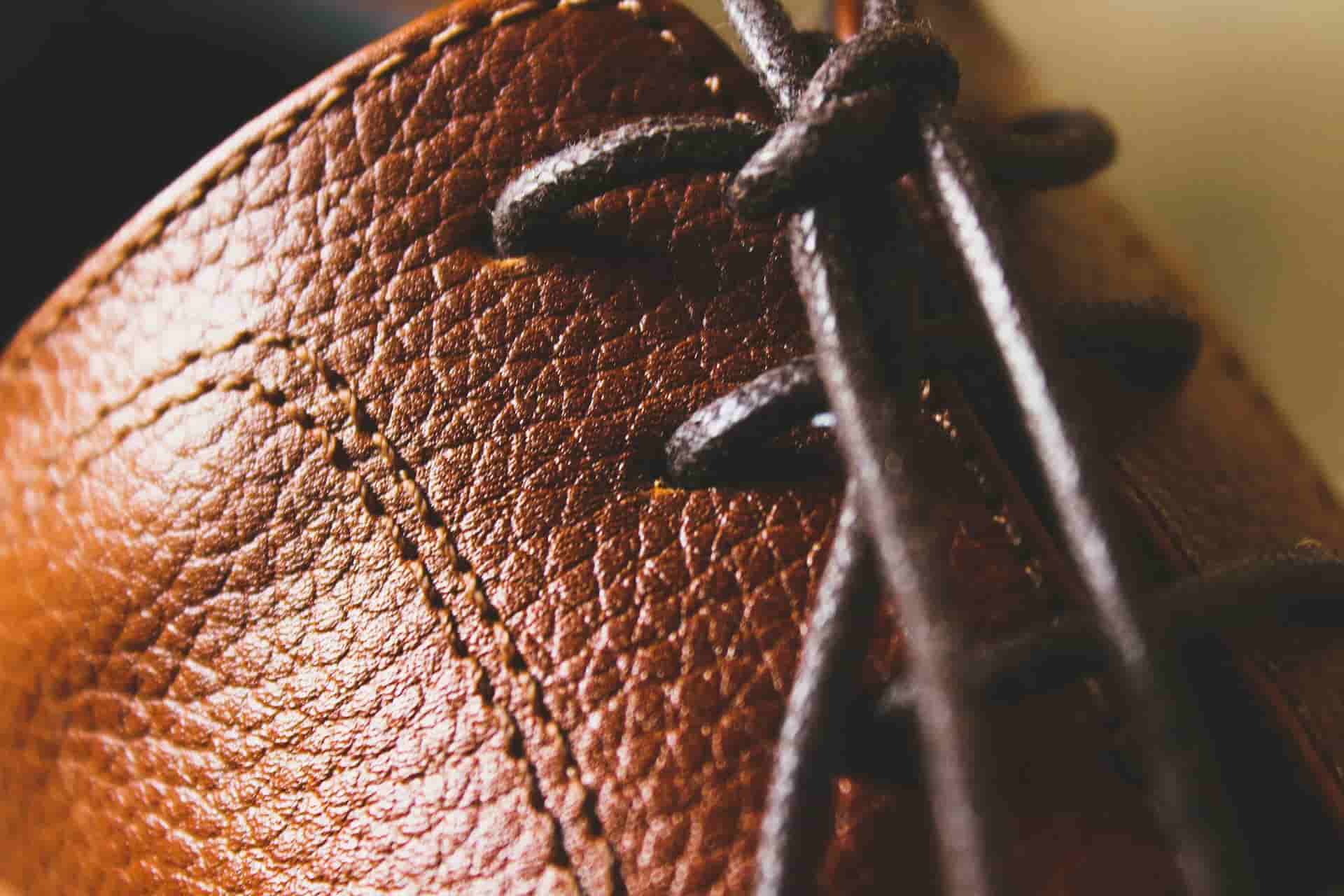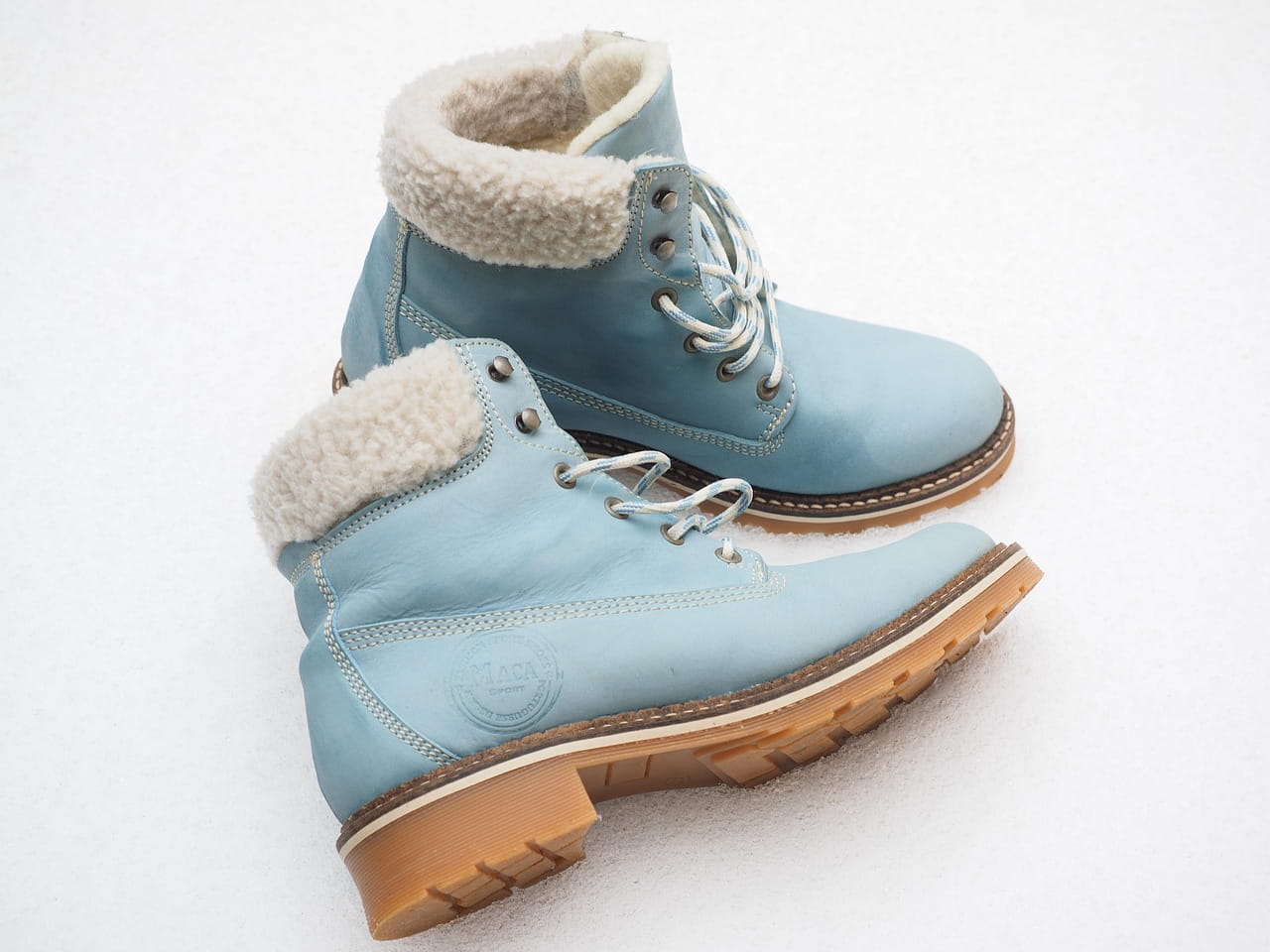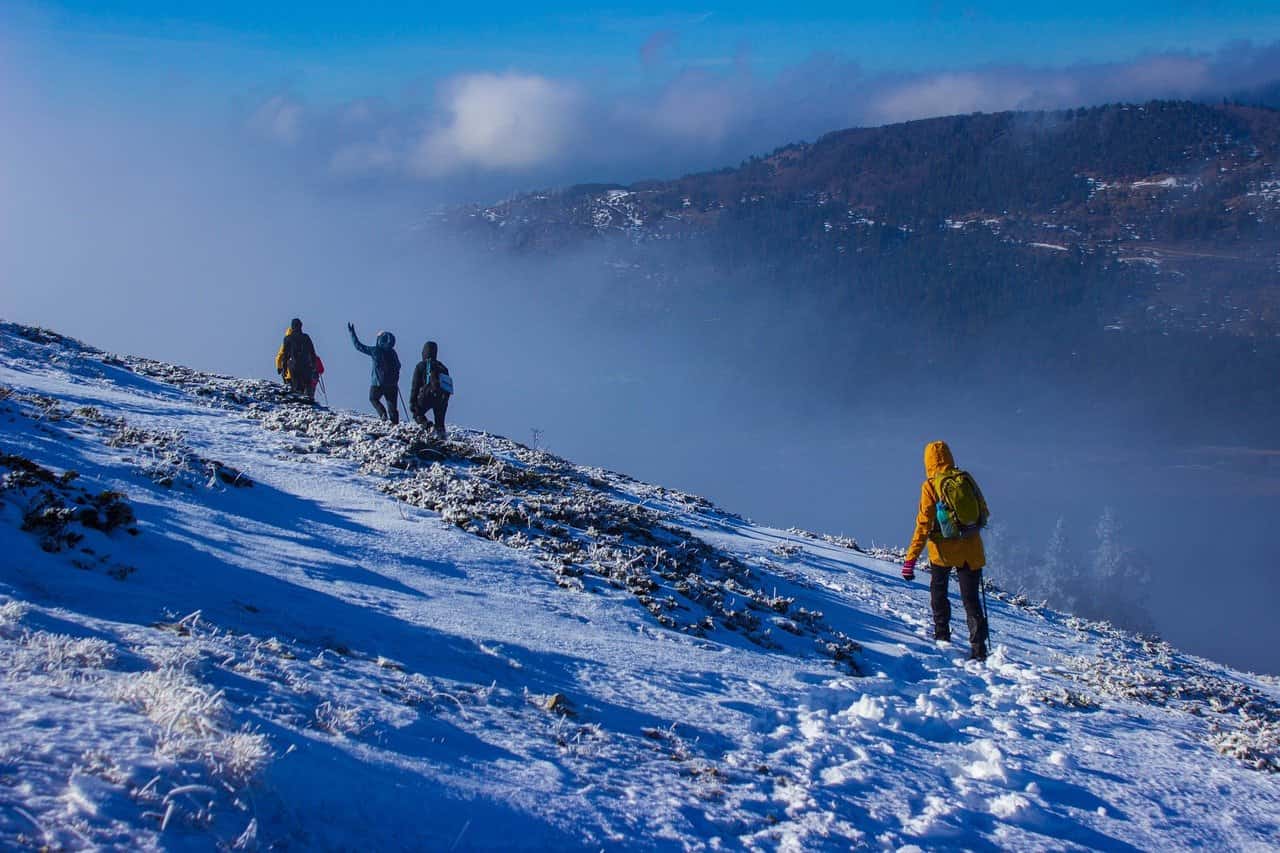If you’re going on an outdoor adventure, it’s important to bring a first aid kit with you. You can either buy a readymade kit or make your own using our list below as a guide. Knowing how to use the items in the kit is just as important as having them, so think about taking a first aid kit checklist.
This list is a great place to start. It also includes some emergency items you might want to carry separately. Remember to pack any prescription medicines your group needs, plus any extra supplies depending on where you’re going and how long you’ll be out.
Basic FirstAid Items
- Cleaning wipes (BZK wipes are best; alcohol ones are okay too)
- Antibacterial ointment (like bacitracin)
- Bandage adhesive (Compound tincture of benzoin)
- Assorted bandages (fabric ones are best)
- Butterfly bandages (for closing small cuts)
- Gauze pads (in different sizes)
- Nonstick sterile pads (for covering wounds)
- Medical tape (10 yards long, at least 1 inch wide)
- Blister treatment
- Ibuprofen or other pain relievers
- An insect sting or antiitch treatment
- Allergy medicine (antihistamine)
- Splinter tweezers (with a fine point)
- Safety pins
- First aid manual or information cards
Bandages, Wraps, and Splints
- Elastic wrap (for wrapping injuries)
- Triangular bandage (can be used as a sling)
- Finger splints (to protect hurt fingers)
- SAM splints (for supporting injured limbs)
- Rolled gauze (for wrapping wounds)
- Stretchy bandages (that mold to the shape of the injury)
- Hydrogel pads (for soothing burns and wounds)
- Cleansing pads with pain relief (for cleaning wounds)
- Bloodstopping gauze (helps stop bleeding)
- Liquid bandage (seals small cuts and scrapes)
Extra Medicines and Treatments
- Prescription medicines (like antibiotics)
- Sunburn relief gel or spray
- Throat lozenges (for a sore throat)
- Eye drops (to keep eyes moist)
- Diarrhea medicine
- Antacid tablets (for an upset stomach)
- Oral rehydration salts (to help with dehydration)
- Glucose or sugar (for low blood sugar)
- Injectable epinephrine (for severe allergic reactions)
- Aspirin (mostly for emergencies like a heart attack)
Useful Tools and Supplies
- Knife (or a multi-tool with a knife)
- Blunt tip scissors (paramedic shears)
- Safety razor blade (or a scalpel with a small blade)
- Cotton swabs (with tips for cleaning or applying ointment)
- Thermometer (to check your temperature)
- Irrigation syringe (for cleaning wounds)
- Medical gloves (nitrile gloves are best; avoid latex)
- CPR mask (for giving first aid)
- Small notepad and waterproof pencil
- Medical waste bag (and a box for sharp items)
- Waterproof container (to keep supplies dry)
- Emergency blanket (keeps you warm)
- Hand sanitizer (for cleaning your hands)
- Biodegradable soap (safe for the environment)
